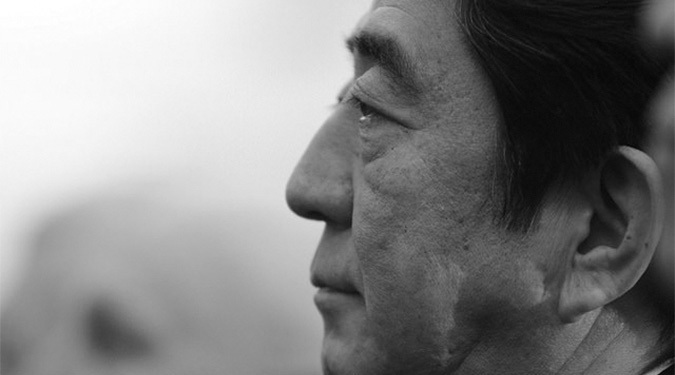About the Author
Dennis P. Halpin
Dennis P. Halpin, a former Foreign Service Officer and senior Congressional staff, is a consultant on Asian issues.

Get behind the headlines
|
Opinion Japan-North Korea Relations: Who’s Sorry Now?Could far-right figures have impact on Korea-Japan relations beyond Pyongyang?  The July 10 elections for the Upper House of the Japanese Diet produced a two-thirds “super majority” for Prime Minister Abe’s Liberal Democratic Party (LDP) and like-minded coalition partners. This seems to ensure that Abe’s plan for constitutional revision can go forward since he now has the necessary majorities in both legislative Houses. Any move to amend or rescind the pacifist Article 9 of the post-War “MacArthur” constitution, however, would still face some rough sailing as it would require an electoral endorsement by Japanese voters. The well-known pacifist, anti-nuclear views of a large portion of the Japanese public, born of the horrific end-of-the-war atomic bombings of two Japanese cities and re-enforced by the 2011 Daiichi Fukushima Nuclear Power Plant disaster, will not be easily overcome. The cause of Beijing’s increasing trepidation over a possible Japanese large-scale military build-up can be laid largely at the feet of a nuclear-armed North Korea. However, Shinzo Abe’s revisionist views of imperial Japan’s past militarism are also a cause of concern for not only China, but for South Korea and other neighbors who suffered. Consequently, Abe’s August 3rd decision, in his Cabinet reshuffle, to name the controversial Tomomi Inada as Defense Minister, a frequent visitor to the controversial Yasukuni war shrine, certainly raises questions about his sincerity in working with Seoul to face the North Korean nuclear challenge. © Korea Risk Group. All rights reserved. |